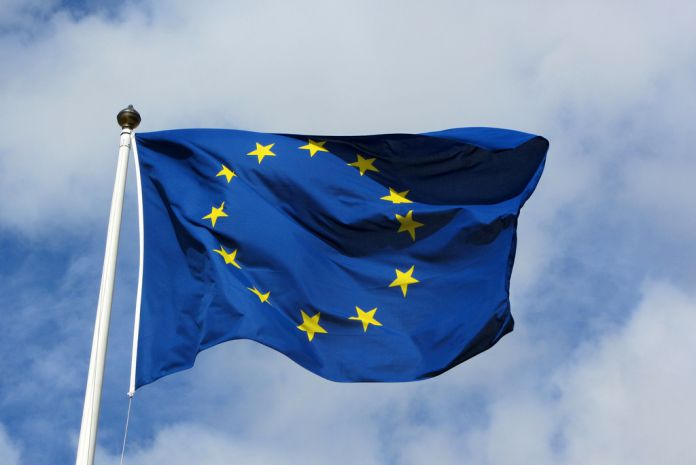Seven major tech companies have registered their names to become gatekeepers under the European Union's Digital Markets Act (DMA).
The European Union (EU) has launched a new regulation that could change the way big tech platforms operate and compete in the digital sector. The regulation, known as the DMA, targets so-called “gatekeepers”, platforms that have a significant impact on the EU's internal market and act as intermediaries for millions of users and businesses.
Europe's DMA has been in action since May and imposes a set of obligations and prohibitions on gatekeepers, such as not favoring their own services, allowing users to uninstall pre-installed apps, and sharing data with rivals. The DMA also empowers the European Commission to impose fines of up to 10% of a gatekeeper's annual revenue, or even break up or ban companies that repeatedly violate the rules.
However, an important deadline just passed for the biggest tech platform companies in the world to notify the EU that they are gatekeepers under the DMA. According to a statement published by EU commissioner Thierry Breton, seven companies have officially acknowledged they meet the criteria: Alphabet (Google), Amazon, Apple, ByteDance (TikTok), Meta (Facebook, Instagram, Whatsapp), Microsoft, and Samsung.
Big Tech Gatekeeps Under the DMA
According to the EU, a gatekeeper is: “Some large online platforms act as “gatekeepers” in digital markets. The Digital Markets Act aims to ensure that these platforms behave in a fair way online.Together with the Digital Services Act, the Digital Markets Act is one of the centrepieces of the European digital strategy.”
Companies on the list have a market capitalization of over €75 billion ($82 billion) and own a social platform or app that has at least 45 million monthly users or 10,000 active business users. The statement says it “will now check their submissions and designate the gatekeepers for specific platform services by 6 September,” and after that, the companies will have just six months to comply with the DMA's rules.
The DMA could have far-reaching implications for some of the world's biggest tech companies, which have been accused of abusing their market power and stifling competition. The DMA is a significant step forward in the EU's efforts to regulate the tech industry.
The bloc is also taking a similarly strict stance against artificial intelligence with the AI Act. It remains to be seen how effective the legislation will be in curbing the power of the big tech companies, but it is a clear signal that the EU is determined to hold these companies accountable.
Obligations of Big Tech Gatekeepers Under the DMA
- Providing interoperability between their platforms. This means that users should be able to easily move their data and content from one platform to another.
- Allowing third-party app stores and payment systems on their devices. This will give users more choice and control over how they interact with their devices.
- Not self-preferencing their own products and services. This means that gatekeepers should not give their own products and services an unfair advantage over those of their competitors.
- Disclosing more information about their algorithms. This will help users to understand how their data is being used and to make more informed choices about how they interact with the platforms.






